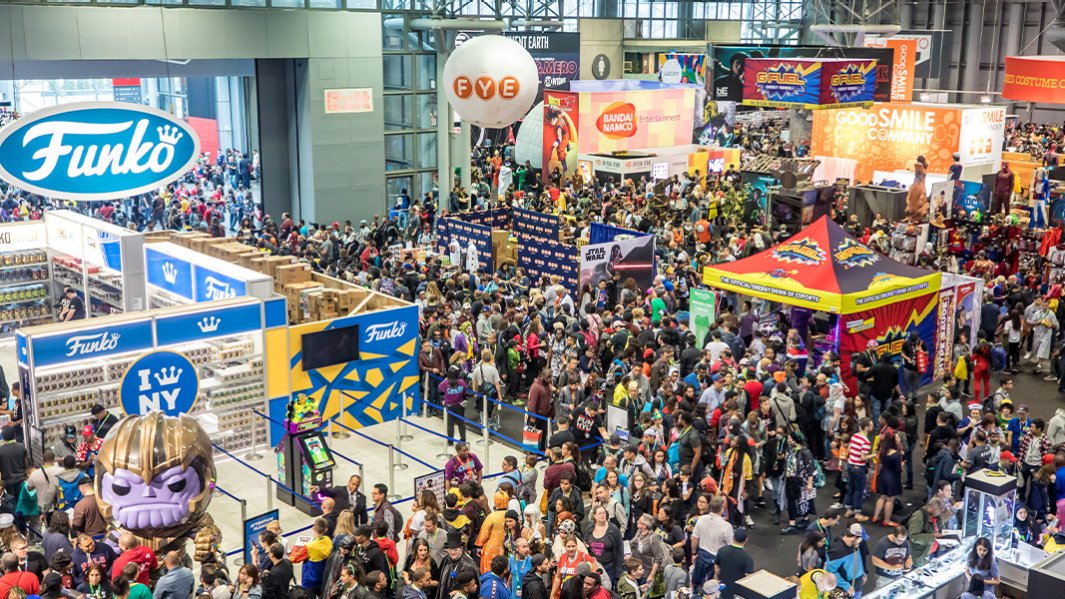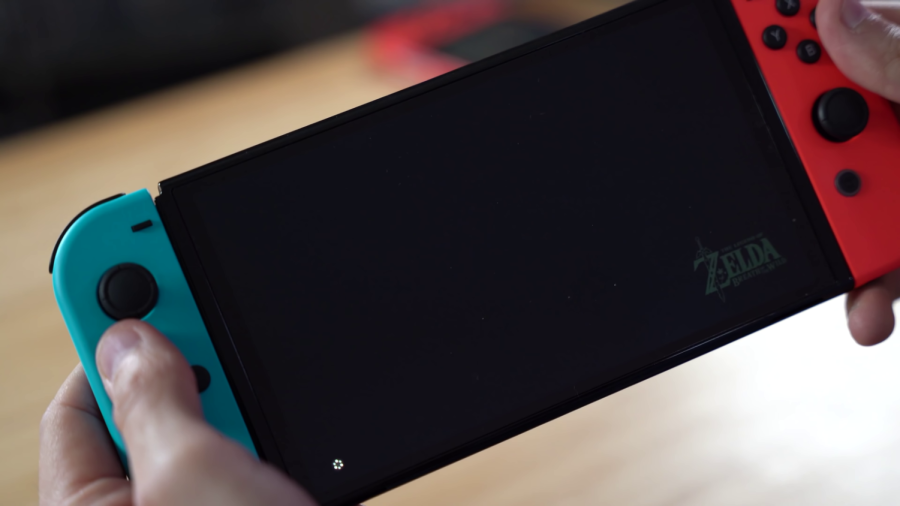
Lately, Nintendo has gone back to its roots. Reaching into the company’s deep reservoir of classic franchises, the video game giant has slowly but surely been breathing new life into franchises that in recent years has been featured only in “Smash Bros” and the like. Late in 2010 they unleashed Kirby onto the Wii with “Epic Yarn” and now, 12 years after his release on the N64, Donkey Kong has a new console platformer in “Donkey Kong Country Returns.”
Although the titular gorilla used to get his jollies from kidnaping princesses and ruling the sewers, he has long since retired from such seedy enterprises. Nowadays, he spends his time relaxing in his island hut with his special friend Diddy. As the game opens on DK’s tropical home, the duo is doing just that. Everything is perfect until the island’s volcano erupts, spewing forth a host of evil Tiki creatures – let’s call them “bosses” – to ravage the jungle paradise. DK, ever the stoic, can’t even be bothered to care until they make one fatal mistake: they mess with his bananas. And no one messes with the Kong’s bananas.
With this flimsy premise in place, the King of Swing sets off on another platforming adventure. In standard Nintendo style, the game’s many levels are spread out over a series of themed areas, each with its own standard enemies and set pieces. The classic themes are all there: the volcano stage, the jungle stage, the ocean stage and the underground stage, complete with mine-cart levels.
When compared to other Nintendo platformers such as “Kirby’s Epic Yarn” or the “Super Mario Galaxy” games, “DK Country Returns” has its difficulty level set quite high. While it starts out simply enough, as you progress through the game the levels become increasingly more complex. Constantly-crumbling platforms and advancing vertical walls of enemies create instant death scenarios that the big ape is often too slow and cumbersome to avoid.
If you find a level that you simply cannot beat (and odds are that you will), the game will eventually throw you a bone. After dying five times at a single checkpoint, you will be given the option to use the Super Guide, a silverback version of Donkey Kong who will beat the level while you watch. Yes, it feels like giving up and no, you don’t get to keep any treasures collected by the Super Guide. But after falling into that same lava pit nine times in a row, you just might not care anymore.
One saving grace is Diddy Kong. The nimble chimp follows alongside the protagonist, and can jump on his partner’s back for an assist. While DK does not attack enemies when left on his own, his jetpack-boosted jumps can compensate for DK’s unimpressive ups in a tight situation.
Another great feature is co-op mode, where a second player takes control of Diddy and his peanut-gun arsenal. While many games have struggled to implement two-player platforming, in this case it works quite well. Players have separate health bars but share a common stock of lives and taking down Tiki-possessed boss creatures is a lot easier with a friend.
Unoriginality aside, the game’s one serious flaw is the control scheme. While the Wii’s motion controls can add a fun element of interactivity, here they mostly just lead to frustration. The in-game actions of rolling, ground-pounding and blowing (yes – that’s a feature) are all achieved by shaking the remote. Not only is this an imprecise and unwieldy control scheme, but having all three mapped to the same motion can be confusing and lead to unnecessary deaths. This would all be forgivable if the game offered an alternative control setup (for example, with the Gamecube controller), but such is not the case.
Some more redeeming features of DK’s latest console romp lie in the art design. While some areas such as the Jungle may seem dime-a-dozen, others will really impress with visual cleverness. In addition, nearly every stage has a hidden “sunset” level, where the characters and scenery are all silhouettes. This is a nice new reward for completing the standard collectible side-quest, and it feels like a cross between “Sin City” and “Planet of the Apes.”
All things considered, “Donkey Kong Country Returns” does exactly what it claims. It brings the classic feel of the much-beloved “Donkey Kong Country” games to the newest console generation and keeps it largely intact. Causal platformer fans may be frustrated by DK’s poor jumping ability and cheap deaths, but long-time fans of the series know that’s the lay of the land.
In the end, a clear lesson is learned: when it comes to Donkey Kong’s bananas, don’t try any monkey business.
Andrew Sheridan can be reached at [email protected].

















